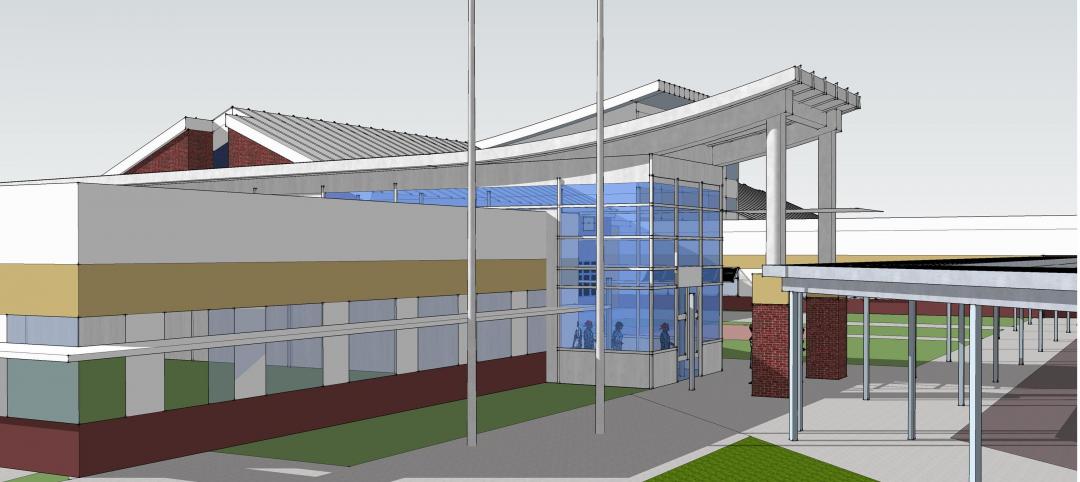Two years ago, a plan to create a smart city project along Toronto’s waterfront was unveiled with great fanfare.
Since then, the proposal, spearheaded by Sidewalk Labs, a subsidiary of Alphabet (Google’s parent company) has prompted extensive public criticism and a lawsuit by the Canadian Civil Liberties Association over data privacy and misuse concerns. The ambitious project was conceived as a showcase for the latest smart city technologies.
The project is to be centered on sustainable and safe transportation systems, and efficient and affordable housing. Technology such as “adaptive traffic lights” would prioritize cyclists and pedestrians and study the possibility of autonomous transit options. Innovative building materials and new occupancy models, like “co-housing”, would offer green, reasonably-priced housing.
With sensors tracking people and vehicles sprinkled throughout the development, privacy rights advocates are concerned that the data could be used for surveillance and discourage people to exercise free speech rights. It didn’t help that at public hearings Sidewalk Labs seemed unable to spell out where this data would be stored and how it would be used.
The company also presented a greatly expanded scope of the proposal from the original 12 acres to a 190-acre area at a public meeting, perhaps misreading the intent of the agreement with the city. These issues have caused delays to the project, but Waterfront Toronto, the city group overseeing it, recently voted to go forward with the 12-acre development.
Other smart city projects around the globe, including in South Korea and India, have been also been plagued by delays and controversies. These challenges indicate that making cities smarter will not be easy.
Related Stories
| May 15, 2012
Suffolk selected for Rosenwald Elementary modernization project
The 314-student station elementary school will undergo extensive modernization.
| May 10, 2012
Chapter 6 Energy Codes + Reconstructed Buildings: 2012 and Beyond
Our experts analyze the next generation of energy and green building codes and how they impact reconstruction.
| May 10, 2012
Resilience should be considered a sustainability factor
Since a sustainable building is one you don't have to rebuild, some building sustainability experts believe adding points for "resilience" to storms and earthquakes to the LEED sustainability rating tool makes sense.
| May 10, 2012
University of Michigan research project pushes envelope on green design
A research project underway at the University of Michigan will test the potential of intelligent building envelopes that are capable of monitoring weather, daylight, and occupant use to manage heating, cooling, and lighting.
| May 10, 2012
Fire suppression agents go greener
Environmental sensitivity is helping to drive adoption of new fire suppression agents.
| May 10, 2012
Industry groups urge Congress to leave contracting decisions to agencies
An organization of several industry groups urged Congress to leave many contracting decisions to the discretion of individual agencies by avoiding blanket mandates.
| May 10, 2012
OSHA proposes new rule to have employers find and fix hazards
The Occupational Safety and Health Administration has proposed a new regulation, Injury and Illness Prevention Program, or I2P2, which would compel employers to find and fix safety hazards.
| May 3, 2012
Stay current on green codes at AGC Environmental Conference
Keep abreast of market trends such as 2012 changes to green standards and codes at the AGC Contractors Environmental Conference, June 7-8, 2012 in Arlington, Va.















